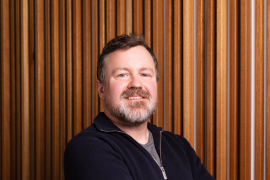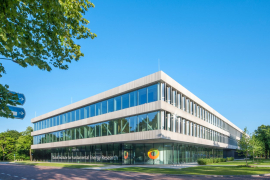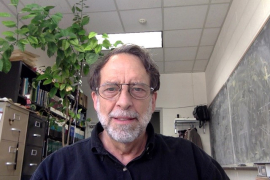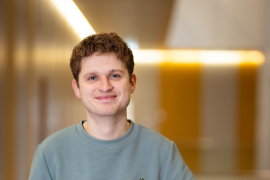Abstract: This talk explores innovative methods for understanding complex systems, highlighting three distinct yet complementary approaches. First, we address the decoupling problem and explore its connections to tensor-based techniques, emphasizing recent advancements and open challenges in decoupling multivariate functions.
DIFFER
Events (archive)




